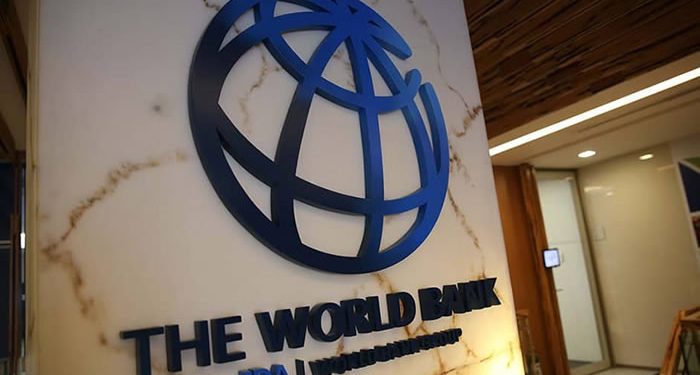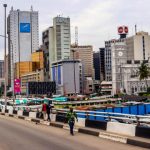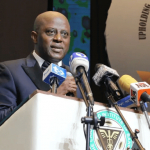The World Bank has called on Nigeria’s Federal Government to eliminate obstacles hindering private sector expansion, emphasizing that targeted reforms could unlock billions in investments and create thousands of jobs.
Speaking in Abuja at the Country Private Sector Diagnostic and Stakeholder Engagement, the World Bank’s Country Director for Nigeria, Ndiame Diop, acknowledged Nigeria as Africa’s largest economy but noted its low foreign direct investment compared to its potential. He highlighted that addressing structural challenges would significantly boost economic growth.
Diop stressed that recent economic reforms had stabilized the macroeconomic environment, making it an opportune moment to implement sector-specific changes. He pointed to four key industries—ICT, agribusiness, solar energy, and pharmaceuticals—as critical areas where reforms could generate over $20 billion in investments and create more than 600,000 jobs.
According to Diop, ICT reforms alone could attract $4 billion in investments and create 200,000 jobs. However, unpredictable and inconsistent right-of-way fees, levies, and informal charges inflate broadband rollout costs by up to 70%, deterring investors. Addressing these issues, he argued, would accelerate broadband expansion and attract more funding.
In agribusiness, reforms could unlock $6 billion, creating 275,000 jobs, while the solar power sector could attract $8.5 billion in investments and generate 129,000 jobs. The pharmaceutical industry, with targeted interventions, could secure $1.6 billion and add over 30,000 jobs.
The World Bank, in collaboration with the International Finance Corporation, is working on co-financing initiatives to expand Nigeria’s fibre-optic network, improve rural broadband access, and address challenges like vandalism and financing constraints.
Finance Minister Wale Edun expressed appreciation for the IFC’s support in key sectors, citing previous collaborations such as the $1.2 billion financing for Indorama’s fertiliser expansion and $70 million SME funding through First City Monument Bank.
The World Bank’s recommendations highlight the urgent need for reforms to boost investment, create jobs, and drive Nigeria’s economic growth.










